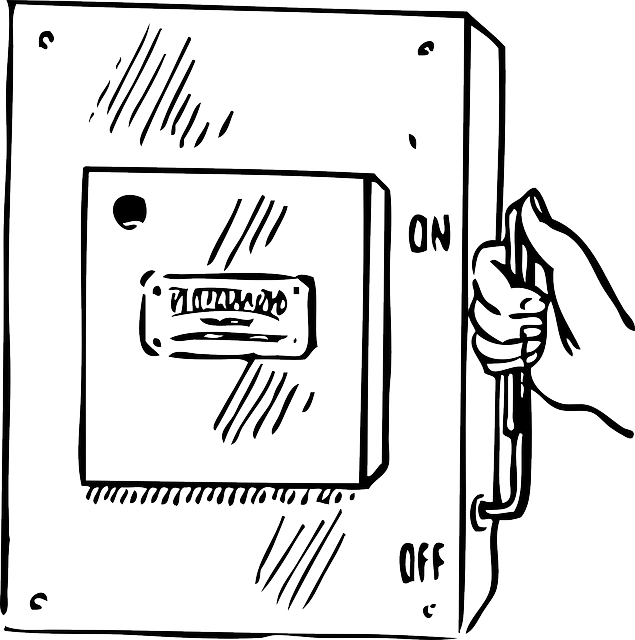
When a natural disaster looms and time is short, every minute counts—not just for your safety, but for minimizing damage to your home. While most advice focuses on stocking emergency kits and creating evacuation routes, there are critical, often overlooked steps you can take to buy your home a fighting chance. Here’s what to do when the clock is ticking.
1. Cut the Power at the Main Breaker
Turning off electricity at the main panel prevents electrical fires and surge damage if power is lost and later restored. Water intrusion combined with live wires is a recipe for disaster.
2. Close Interior Doors
Shutting all interior doors slows the movement of fire and wind inside the home. This creates compartmentalization, which can reduce structural strain during high winds and buy time in fire-prone areas.
3. Flip the Water Main Off
Especially if flooding or freezing is expected, shutting off the home’s water supply helps prevent broken pipes and subsequent water damage once conditions stabilize.
4. Move Furniture Away from Windows
Heavy winds can shatter glass, and large furnishings placed directly in front of windows may cause additional damage or block safe re-entry later. Shift items toward interior walls if you can.
5. Anchor Outdoor Items Inside
Trash bins, patio chairs, planters—these can become missiles in strong winds. Instead of tying them down, bring them into a garage or even a bathroom to limit exterior damage.
6. Seal What You Can with What You Have
Use painter’s tape or weatherstripping on windows and doors, especially if they’re drafty. Towels can block gaps under doors to slow the entry of smoke, dust, or water.
7. Document and Digitize
Take a fast walkthrough with your phone. Photograph every room, appliance, and major fixture. Upload to cloud storage. Insurance companies don’t just care about what was lost—they want to know what was there to begin with.
8. Communicate Your Exit
Leave a visible note on a front window with the date, time, and your evacuation destination if known. This helps first responders account for occupants and prevent unnecessary search and rescue efforts.
Preparing your house in a crunch doesn’t require perfection—just intention. These fast, focused actions can lessen damage and make recovery a little smoother. When time is against you, simplicity and decisiveness are your strongest allies.

Recent Comments